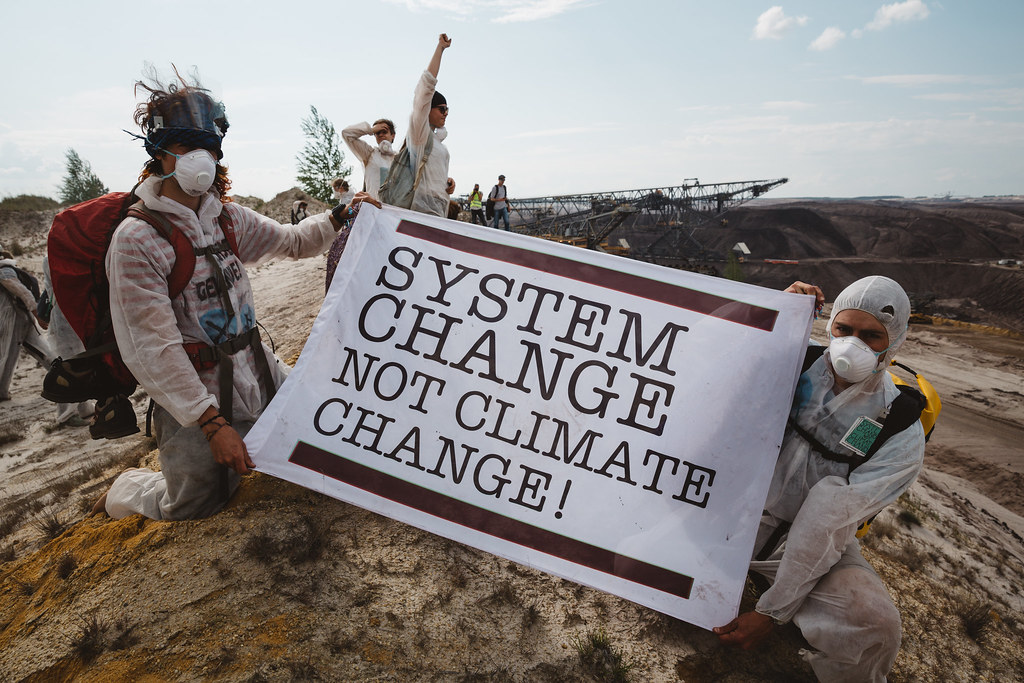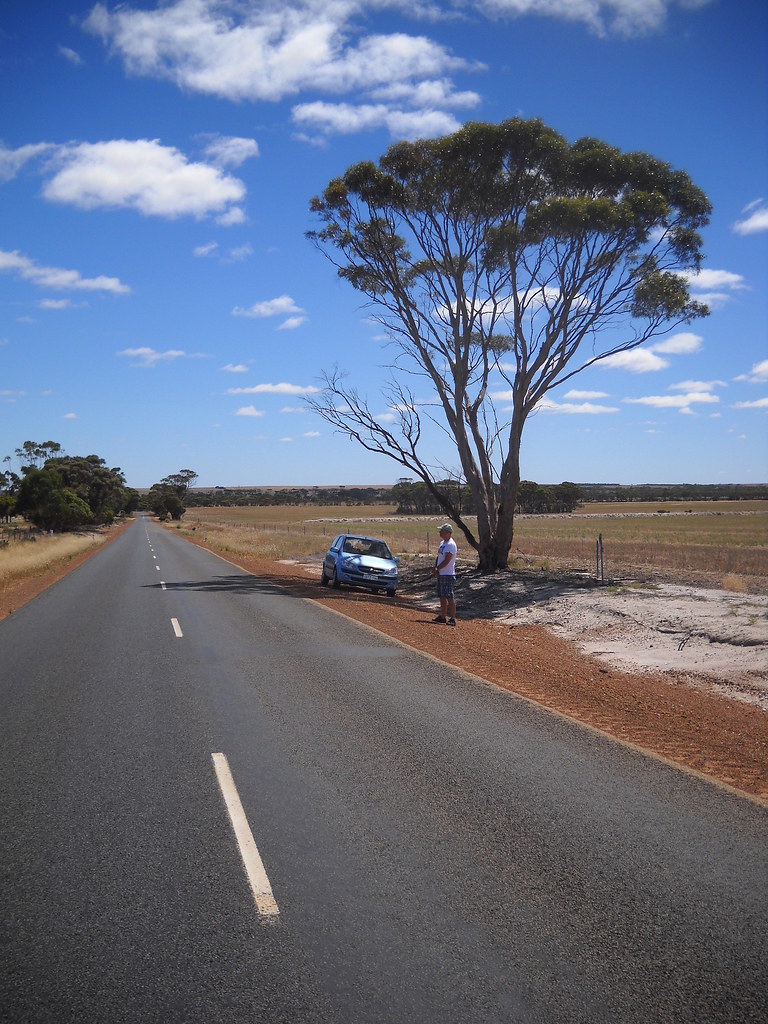Europe stands at a climatic crossroads, facing a future where the very fabric of its diverse landscapes, from the sun-drenched Mediterranean shores to the bustling cities, is under threat. The European Environment Agency (EEA) has sounded a clarion call: the continent is not prepared for the rapidly growing climate risks that loom on the horizon. The EEA’s groundbreaking European Climate Risk Assessment (EUCRA) report reveals that without urgent and decisive action, many climate risks could escalate to catastrophic levels.

Europe is heating up at an alarming rate, earning the dubious distinction of being the fastest warming continent. This warming is not just a number on a thermometer; it’s a harbinger of energy and food insecurity, ecosystem disruption, water resource challenges, financial instability, and health risks. The EEA’s assessment is unequivocal: the risks have already reached critical levels.
The EUCRA is a first of its kind, a comprehensive analysis synthesizing knowledge from a plethora of sources, including the Intergovernmental Panel on Climate Change (IPCC) and the Copernicus Climate Change Service (C3S). It aims to guide strategic policymaking and identify policy priorities for climate change adaptation and climate-sensitive sectors.
The report identifies 36 major climate risks within five broad clusters: ecosystems, food, health, infrastructure, and economy and finance. More than half of these risks demand immediate action, with eight classified as particularly urgent. These include conserving ecosystems, protecting people against heat, and safeguarding people and infrastructure from floods and wildfires.
Ecosystems are on the frontline, with nearly all risks in this cluster requiring urgent action. Marine and coastal ecosystems are particularly vulnerable, and their degradation could have cascading effects on food, health, infrastructure, and the economy. The food sector is already feeling the heat, with crop production in southern Europe at a critical juncture due to drought and heat. Central Europe is not immune, with prolonged droughts threatening large-scale agricultural production and water supplies.
Human health is at grave risk, with heat being the most urgent climate risk driver. Vulnerable populations, such as outdoor workers, the elderly, and those in substandard housing or urban heat islands, are at the greatest risk. The infrastructure is also under siege from more frequent and extreme weather events, challenging Europe’s built environment and critical services like energy, water, and transport.
The economy and finance are not spared, with climate extremes poised to increase insurance premiums, threaten assets, and strain government resources. The EU Solidarity Fund’s viability is already under threat due to costly floods and wildfires.
Despite progress in understanding climate risks and preparing for them, the EEA stresses that societal preparedness is lagging. Policy implementation must catch up with the rapid increase in risk levels. The EU and its Member States must work in concert, involving regional and local levels for urgent and coordinated action.
The EUCRA report is a wake-up call for Europe. It underscores the need for a shift in mindset from reactive to precautionary approaches to climate adaptation.
Europe’s climate crisis is not a distant threat; it is here, and the time for action is now. The EEA’s report is a stark reminder that the continent must rally together to forge a path toward resilience and sustainability, for the sake of current and future generations.
Related posts:
Europe is not prepared for rapidly growing climate risks
The first-ever European climate risk assessment finds a continent unprepared for growing extremes
Europe unprepared for barrage of climate change risks, EU agency warns





